Are LLMs the Answer to Everything
Prof. Mausam, IIT Delhi
Watch Now
04:42 Minutes The average reading duration of this insightful report.

In the ever-evolving landscape of organizational dynamics, change leadership stands as a pivotal strategy for success. Join us on a journey guided by Dipika Prasad's insights, breaking conventional boxes, designing personalized job descriptions, and steering organizations towards victory.
Explore a sneak peek of the full content
Once stepping into a new role, invest time in building the authority to drive change. Persuade superiors and rally your team for early victories, showcasing the worth of innovative ideas. Recognize that initial progress may be slow but is crucial for effective, lasting change. Download Complete Research
Drawing inspiration from Gaurica’s experience at Wipro, learn how aligning personal values with corporate strategy can create a potent combination. Craft your job description with care, harmonizing social impact with organizational growth.
Unlock the potential of change leadership through strategies that establish authority, align values, and rally resources. Slow and steady steps lead to lasting organizational victories.
Navigating change in large organizations demands strategic allies. Match individuals to the right stage of your journey, from enthusiastic supporters in the early days to specialist experts as your vision crystallizes. Recognize the importance of timely collaboration for sustained progress. Download Complete Research
Credits
Author@lab45: Dipika Prasad

05:32 Minutes The average duration of a captivating reports.

The current developments in the genetic engineering field suggest that we will soon have the capability to modify human behavior. This article explores the potential impact on society if humans adopt this technology en-masse.
Genes can influence behavior through various mechanisms. Some genes directly affect specific traits or behaviors, such as eye color or certain inherited disorders. Other genes may indirectly influence the structure and function of the brain, neurotransmitter systems, or other biological processes involved in human behavior. Twin and family studies have provided evidence for the heritability of certain behaviors. For example, studies comparing the behavior of identical twins (who share 100% of their genes) and fraternal twins (who share about 50% of their genes) have shown that some behaviors, such as intelligence or personality traits, have a higher concordance rate among identical twins compared to fraternal twins. This suggests a genetic influence on human behavior.
CRISPR (Clustered Regularly Interspaced Short Palindromic Repeats) is a revolutionary gene-editing technology that enables scientists to make precise modifications to the DNA of living organisms, including humans. Today the focus of CRISPR research in the medical field is primarily directed toward addressing genetic disorders and diseases where there is a clearer understanding of the genetic basis and potential therapeutic benefits. But it doesn’t rule out the possibility of its usage to modify genes that trigger “negative” emotions like anger, violence, greed, etc.
Let us, for a moment, not get into the ethical issues around this tech. But explore the what if. What will happen to the world if this technology goes mainstream? While genetics and thought played an important role in our evolution, what attribute will play an equivalent role in AI of the future? Download Complete Research
It reminds me of a story in ancient Hindu texts. According to the text, when God first created the universe. It was perfect in every way. There was no greed, ego, or jealousy; there were no “negative” emotions. There was positivity all around. Everyone was calm, patient, and compassionate. But this had unintended consequences.
In the absence of “negative” human emotions, everyone became “realized” quickly. There was no struggle, no divergent view, as no one saw any reason to disagree. As a result, most became renunciates without a desire to procreate or acquire possessions. This brought the chain of cause & effect to a halt, with no evolution.
The Gods realized the flaw in the design. They realized that friction is essential to forward movement. There is a need for “bad” to appreciate the “good.” Hence to rectify it, an opposing force was created. The universe and its beings evolve through the interplay of these opposing forces.
Returning to our topic, the story argues that imperfections are essential for human growth. Our weaknesses not only help us appreciate “perfect” attributes but also make us more accepting of the shortcomings of others. We also need the presence of bad to appreciate the presence of good. Without the Joker, who will understand Batman?
But there is an economic impact too. One of the basic principles of the economy is demand and supply. When one aspires for something they don’t have, it creates demand. Supply is created when a counterparty is willing to fulfill the need for a financial incentive.
In today’s world, the demand is created by both negative and positive emotions. Envy or pride makes us buy a bigger house, a better car, or a costlier watch. The entire stock market is driven by greed.
It channels this greed to create a capital market for companies. This capital helps to fund innovation and create better products & services.
In a new world order, people may go for utility over vanity. We may see lesser demand for luxury items but more for utility items. The thought of what is good for others may be a strong purchase driver. For example, there may be more demand for eco-friendly products. We may see less demand for products that exploit humans & animals. This will create a new economic model driven by compassion, not Consumption.
Art may be the biggest victim of this behavioral shift. Most incredible works of art, like the Great Pyramids, the Colosseum, etc., have been funded by wealthy individuals driven by base human emotions, not divinity. If the rich guys act & think like Buddha, they might prefer to build a bigger, more comfortable school but not embellish it like the Sistine Chapel. Creation will be more practical than beautiful. Download Complete Research
Negative emotions have also led to positive outcomes. If Gandhi hadn’t felt humiliated & angry being thrown out of the railway coach, he wouldn’t have fought for freedom from the Brits. Many great companies were created when their founders faced rejection & humiliation. Hence it is not the elimination of these emotions that matters but the channelization.
Credits
Author@lab45: Siddhant Raizada
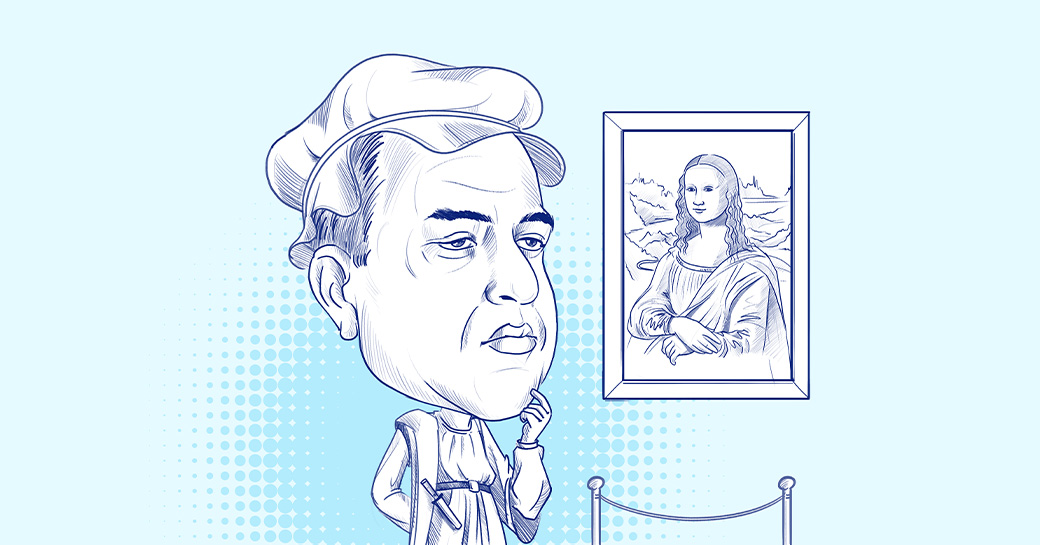
7:12 Minutes The average duration of a captivating reports.

Dive into the intriguing intersection of AI and human creativity, where generative AI reshapes artistic expression and raises critical questions about its impact on our creative evolution and cultural landscapes.
Human progress and evolution have been fundamentally driven by creativity and diverse thought, fostering vibrant cultures and shaping societal values. Creativity, serving as a catalyst for innovation and discovery, allows us to transcend conventional boundaries. However, the integration of Generative AI (Gen-AI) in our lives brings a critical concern: could it enforce creators' biases and limit human originality, steering us towards uniformity in thought and progress? The reliance on Gen-AI potentially risks ceding control over our ideas and thoughts to AI, posing a threat to our societal evolution and the richness of human creativity. Download Complete Research
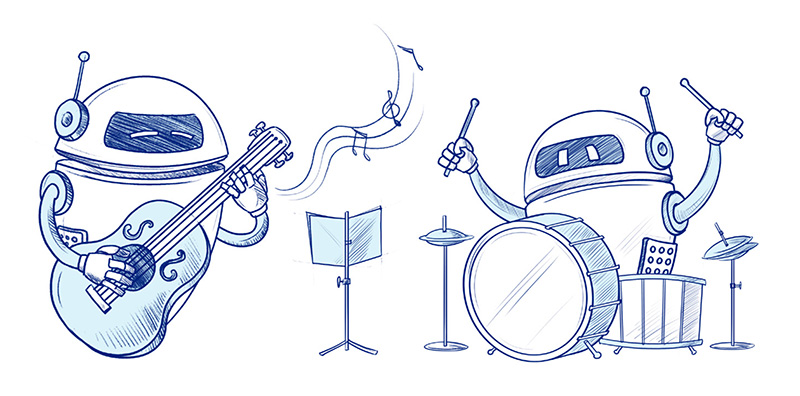
Creativity, a hallmark of human uniqueness, encompasses the generation of inspiring and innovative ideas across various domains like language, music, art, and literature. It's deeply rooted in human intuition, experience, and consciousness, allowing for the creation of meaningful, emotionally resonant works. The emergence of generative AI tools, however, has sparked debate over their impact on human creativity. These AI systems, lacking human emotions and motivations, face limitations in replicating the depth and authenticity of human creative expression. This technological advance prompts a critical inquiry into the future of human societies and creativity in an AI-dominated era, raising concerns about potential shifts towards a one-dimensional societal and creative landscape. Download Complete Research
Music, a profound expression of human emotion and creativity, transcends mere words, connecting deeply with the soul. Historically, musicians have infused their unique experiences into creating emotionally rich and impactful music. With the advent of Generative AI, such as Amper Music, the landscape of music creation is evolving, offering the ability to produce complex, bias-free compositions. However, this technological advancement raises significant concerns. Overreliance on AI in music may lead to a loss of personal artistic voice and emotional depth, potentially resulting in music that, while technically proficient, lacks the soulful essence that defines human creativity. This development in AI challenges our understanding of creativity and its role in human expression, questioning the true nature and future of art in the AI era. Download Complete Research
Generative AI, utilizing Reinforcement Learning with Human Feedback (RLHF), crafts music based on user preferences. This approach, while seemingly innovative, risks diluting the authentic, soul-driven creativity of musicians. Platforms like Spotify, leveraging user data to guide music creation, inadvertently promote a feedback loop that may constrain the multi-dimensional nature of music to a unidimensional, trend-driven form. This trend-centric approach can stifle the unique, deeply emotional, and complex expression inherent in human-composed music. By prioritizing popularity and trends over the intrinsic creative impulse, AI in music creation potentially impedes the evolution of genuine artistic expression and, by extension, cultural and human evolution. The reliance on AI for music creation underscores a crucial debate: the balance between technological innovation and preserving the unfiltered essence of human creativity. Download Complete Research
Generative AI tools are reshaping our approach to self-discovery and creative exploration. Traditional experiences, like exploring a bookstore's diverse offerings, are contrasted with AI-driven online recommendations that often confine users to their past preferences, narrowing their exposure to new ideas and genres. This constrained exploration can potentially limit human creativity and innovation. The rise of AI, while offering democratized access to creative tools, also risks diminishing our imaginative capabilities by fostering dependencies. To harness AI's full potential without undermining human creativity, a balanced, collaborative approach is essential. Combining human intuition, experience, and innovation with AI's capabilities can lead to empowered, enriched creative processes. Emphasizing the need to maintain human creativity at the forefront, the article advocates for using AI as a complementary tool, enhancing rather than replacing human creativity and imagination. Download Complete Research
Credits
Author@lab45: Nagendra Singh
This is your invitation to become an integral part of our Think Tank community. Co-create with us to bring diverse perspectives and enrich our pool of collective wisdom. Your insights could be the spark that ignites transformative conversations.
Learn More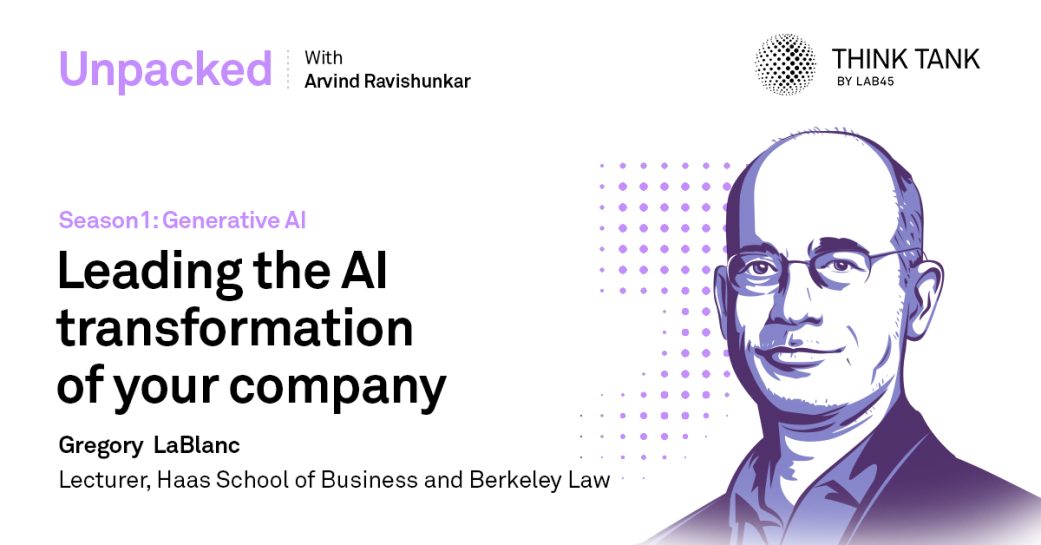
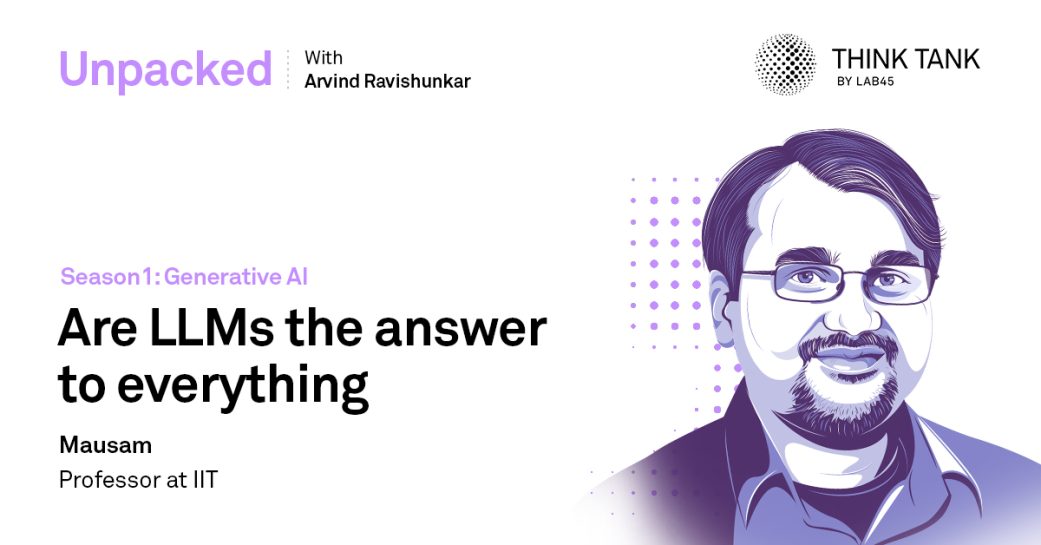
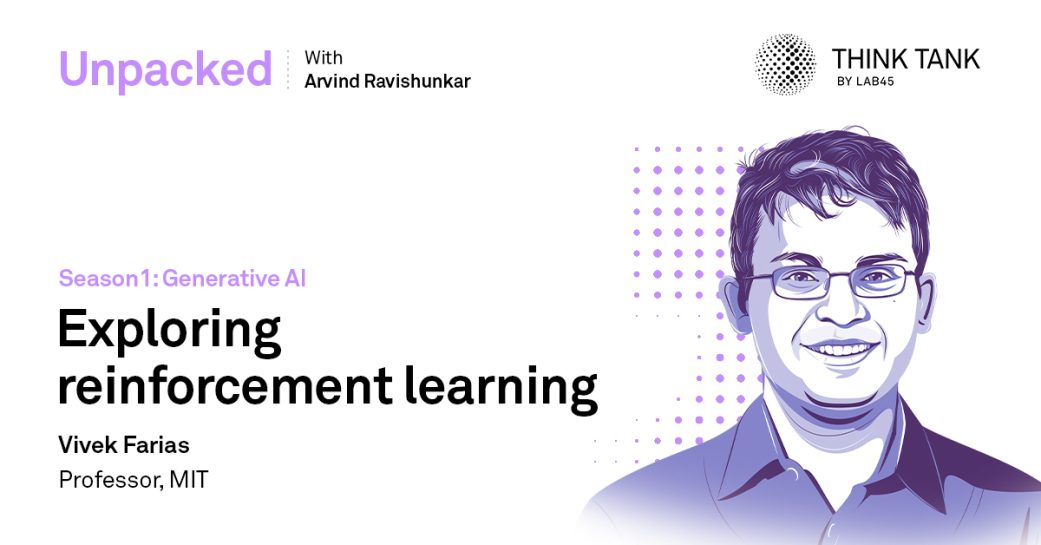
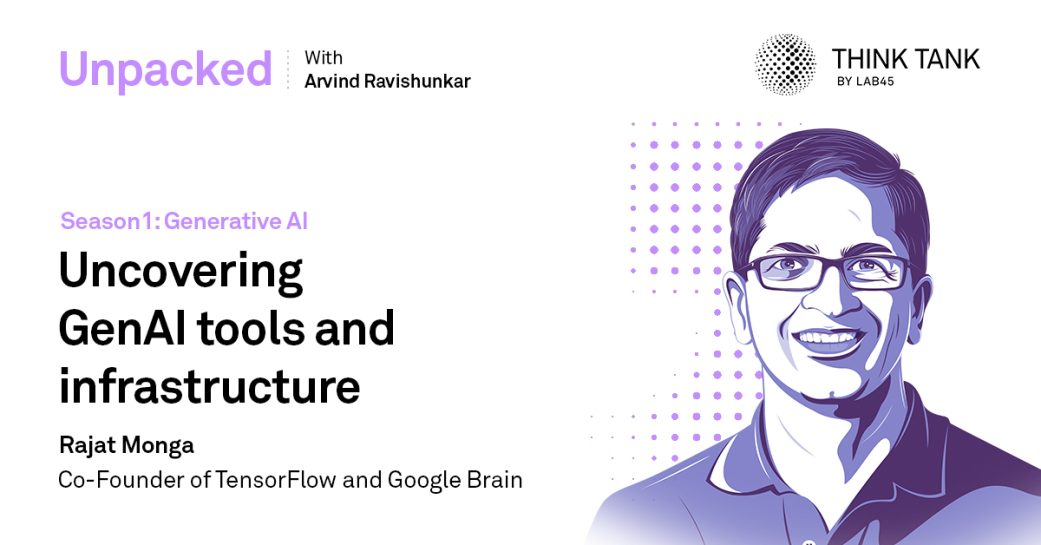
Key Speakers
Thank you for subscribing!!!
